This would allow any carbon captured at the four energy from waste (EfW) process lines Suez operates in Teesside to be transported to the cluster and permanently stored beneath the North Sea from “the mid-2020s”.
The East Coast Cluster is a collaboration between the Northern Endurance Partnership (NEP), Zero Carbon Humber, and the BP-led Net Zero Teesside project, in which Suez is involved.
Following its successful bid, the East Coast Cluster should now be one of the initial beneficiaries of a £1 billion pot in government funding.
Suez will now look to develop a way to capture the CO₂ emissions from its facilities.
The waste company’s capture plans took a step forward last year when it signed a memorandum of understanding in November to capture carbon from its four Teesside EfW plants (see letsrecycle.com story). At the time, Suez said it would use its expertise in separation systems to “develop a solvent-based modular system to capture CO₂ from EfW flue gas emissions”.
‘Good news’
John Scanlon, Suez’s chief executive officer, said he was “delighted” to see the East Coast Cluster selected by the government.
He said: “This is good news for green growth in the north east and wider UK economy, and above all for our environment. If the industrial classification for energy from waste is confirmed, Suez’s first carbon capture and storage project in Teesside could now be up and running by the middle of this decade, paving the way for a carbon positive future for energy from waste.”
‘A significant undertaking’
In a statement, BP said that, once operational, the East Coast Cluster had the potential to transport and store nearly 50% of all UK industrial cluster CO2 emissions, of which there will be up to 27 million tonnes a year by 2030.
These are new major infrastructure projects for a new sector of the economy and carry with them significant risks to deliver by the mid-2020s– Greg Hands, minister for energy, green growth and climate change
Greg Hands, minister for energy, green growth and climate change, told the Commons on 19 October: “If the clusters represent value for money for the consumer and the taxpayer then, subject to final decisions of ministers, they will receive support under the government’s CCUS Programme.”
He added: “Deploying CCUS will be a significant undertaking. These are new major infrastructure projects for a new sector of the economy and carry with them significant risks to deliver by the mid-2020s.”
Tees Valley
Currently, four Tees Valley authorities – Hartlepool, Middlesbrough, Redcar and Cleveland and Stockton-on-Tees – have a residual waste contract with Suez, with most material treated at Haverton Hill.
The French-owned waste management company operates four EfW process lines in Teesside, divided between two facilities at the same site, known as SUEZ Tees Valley (STV) 1, 2 & 3 and The North East Energy Recovery Centre.
Carbon capture
The cost and efficacy of carbon capture and storage at EfW plants hit the headlines recently with the publication of two conflicting reports (see letsrecycle.com story).
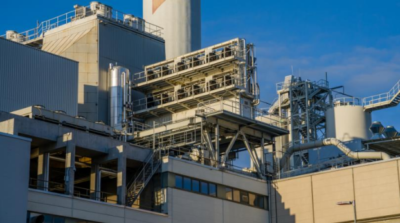
A report published on 5 October by consultancy Eunomia and commissioned by waste management company Viridor claims that using CCUS technology on EfW facilities could be “some of the cheapest” of any industrial sector. This is thanks in “large part” to the location of many facilities close to potential CCUS clusters and port hubs, Eunomia says.
However, in a report published on 4 October, Zero Waste Europe described CCUS at EfW plants as “an expensive distraction to a circular economy”.
Viridor also announced plans earlier this week to accelerate the rollout of carbon capture at some its facilities (see letsrecycle.com story). This would be funded through a mechanism similar to the ‘contracts for difference’ scheme used for solar and wind power stations.




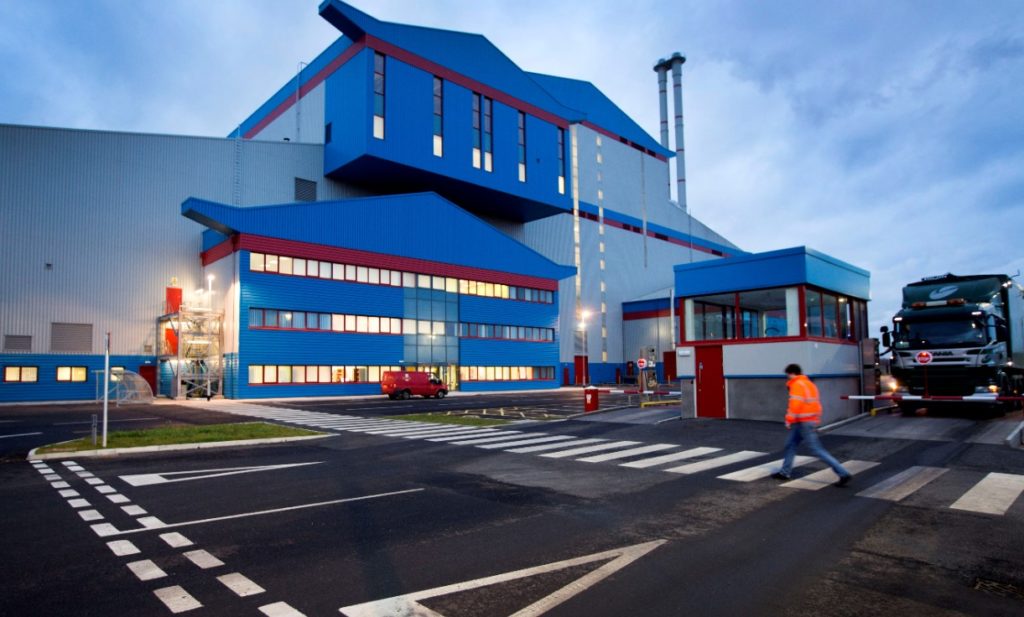

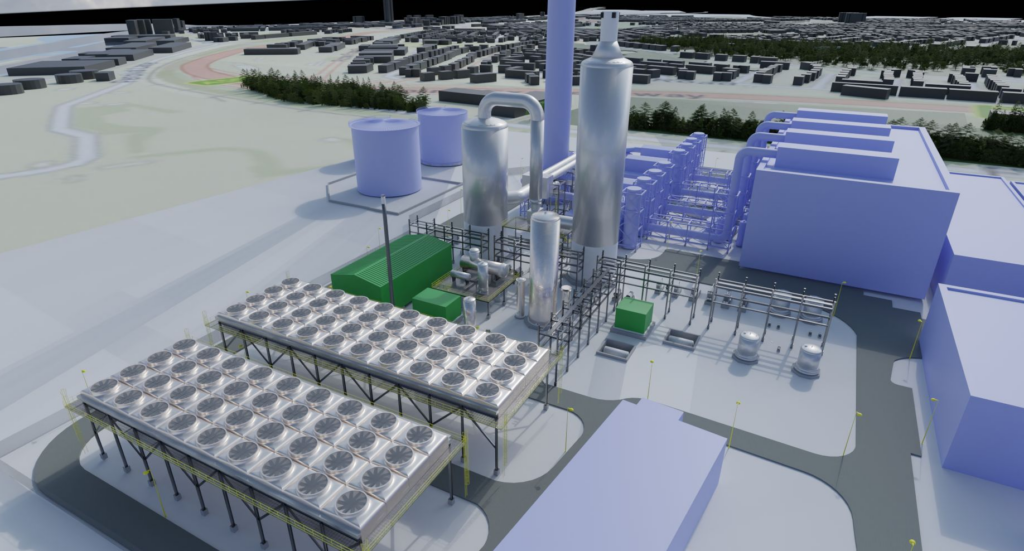
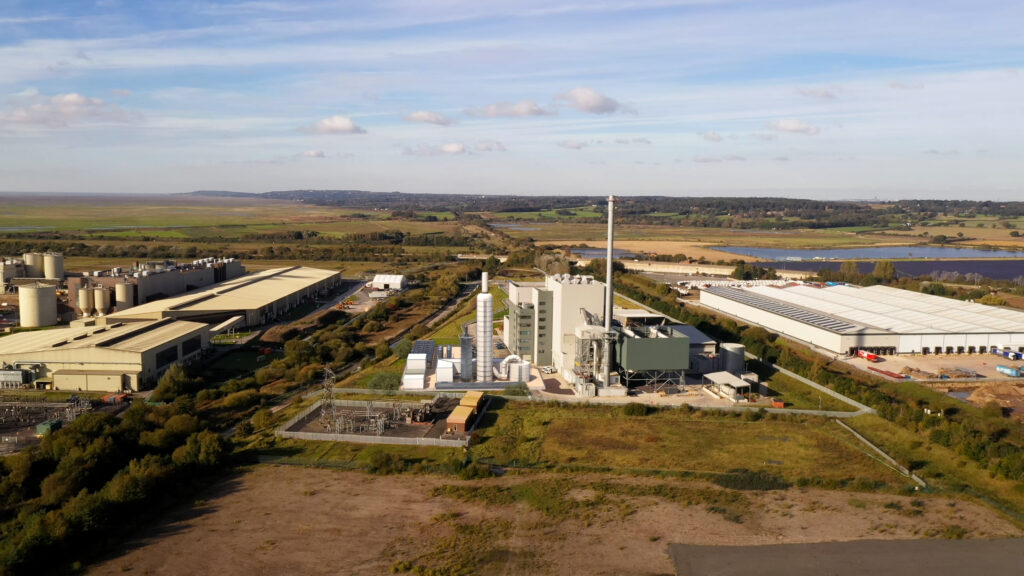
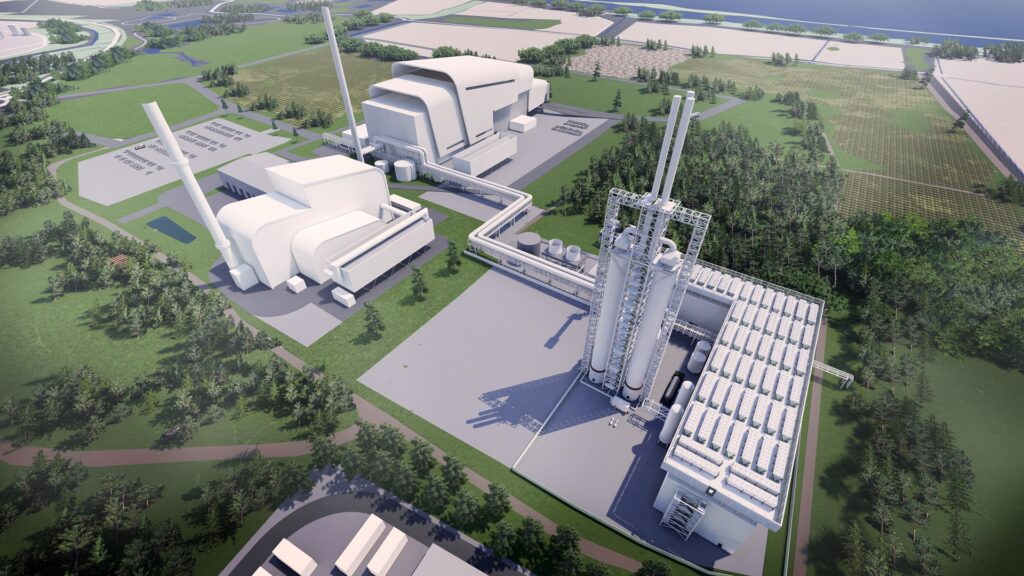


Subscribe for free